Description
Malabar Coast Spore Swab Pack
Disclaimers
When buying Malabar Coast (Cubensis) swabs, be aware that they’re considered “active spores” which are for microscopy purposes only. DO NOT CONTACT US ABOUT ANYTHING REGARDING CULTIVATING OR GERMINATING MALABAR COAST MUSHROOM SWABS.
Shipping is unavailable to California, Idaho, & Georgia. These 3 states strictly prohibit the possession of spores from psilocybin and psilocin producing mushroom species. We will refuse and void any orders made to these 3 states. Furthermore, any payments made for orders to CA, ID, or GA will incur a $5 cancellation fee.
The provided images are for informational and educational purposes only and are used as a reference point only. We acquire all images and spores from outside, trusted sources in a legal manner. We also do not condone or participate in the cultivation of psilocybin or psilocin producing mushroom species.
When you buy Malabar Coast mushroom swabs, visibility is dependent on the characteristics of the spores themselves. As a result, not all spore swabs will look the same visibly. Despite any visible differences, they are still viable for microscopy research.
Malabar Coast Spore Strain Origin information
Why Buy Our Malabar Coast Mushroom Swabs?
We strive to provide you with the cleanest possible products. We make and package the all of the Malabar Coast spore swabs in front of Laminar Flow Hoods with HEPA filters. These HEPA filters have an efficiency rating of 99.97%. Meaning that the filter removes 99.97% of particles in the air.
- Ships next business day
- Discreet packaging
- Spore swabs remain viable for a few years
- Store spore swabs in the fridge or a cool, dry place
- Do not freeze
Microscopic Features
Malabar Coast spores are subellipsoid (ellipse) in shape and present on 4-spored basidia. The spore color is dark purple to brownish. It also has caps that are generally smaller. They also don’t tear away from the partial veil until reaches full maturity. Even then the membranous annulus (ring) on the partial veil will remain attached even after full maturity. This causes spore deposits to be lighter than other varieties.
Swab Pack Contents
Each spore swab will come with:
- 2 sterile swabs of P. Cubensis “Malabar Coast” strain
- 1 alcohol prep pad
- 1 sticker (1 per order)
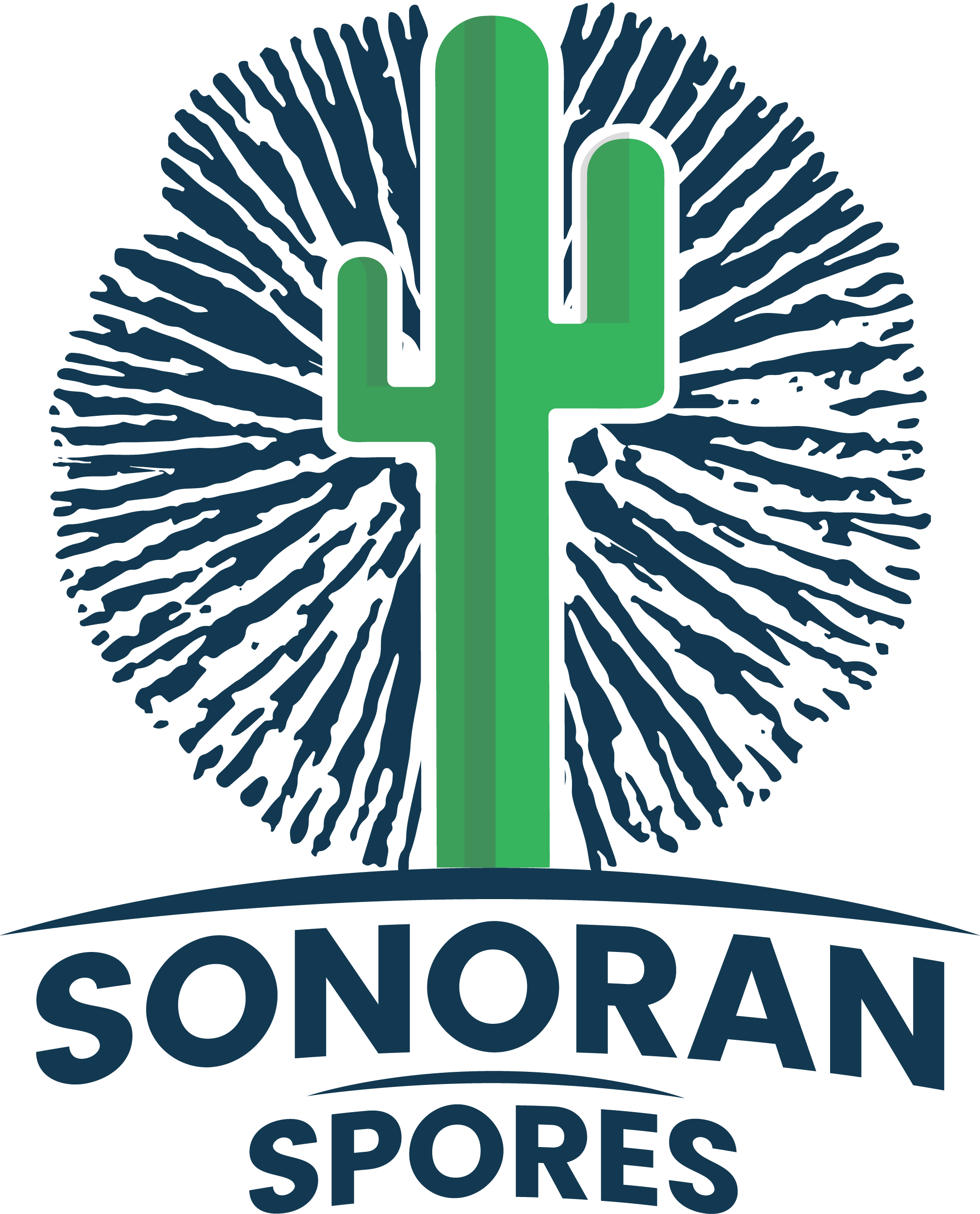
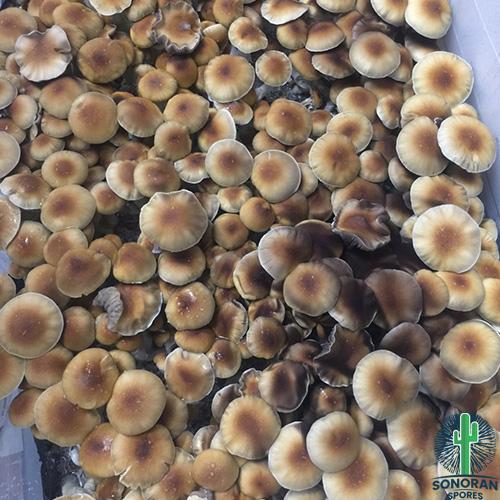
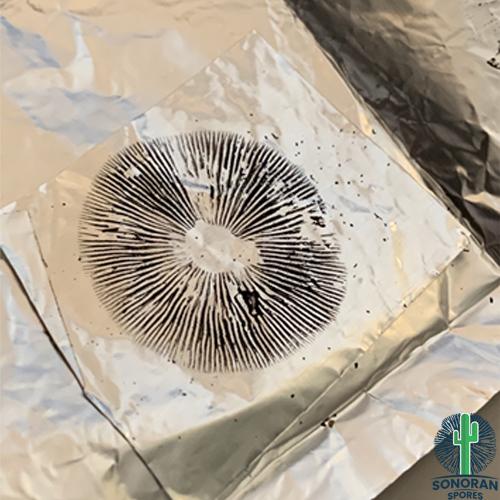
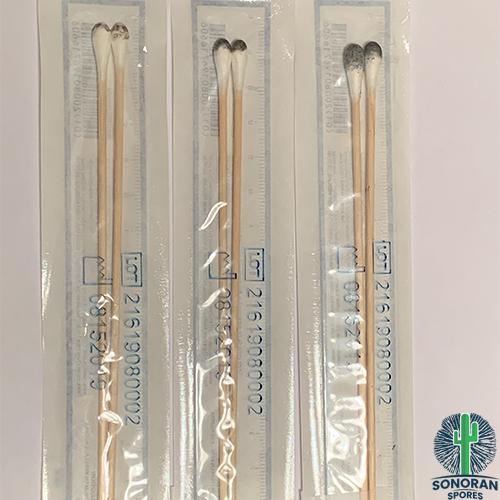
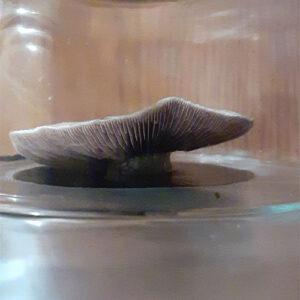
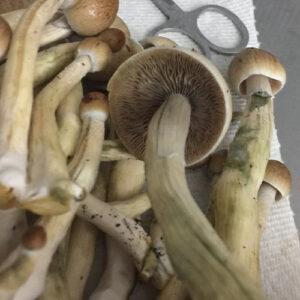
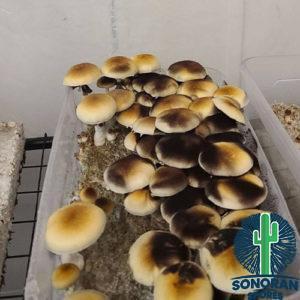
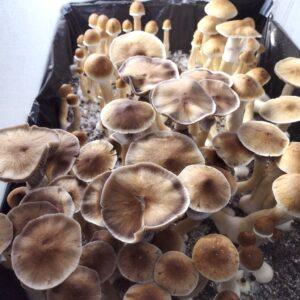
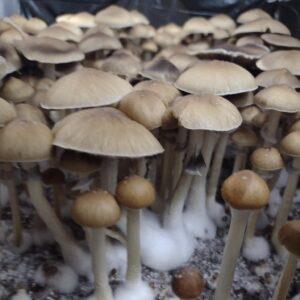
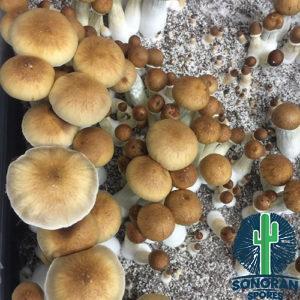
Reviews
There are no reviews yet.